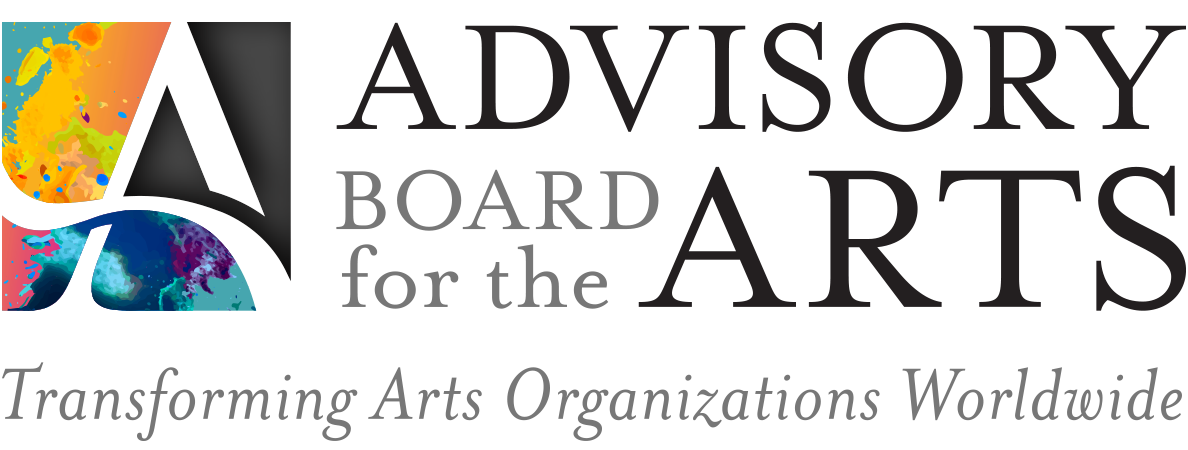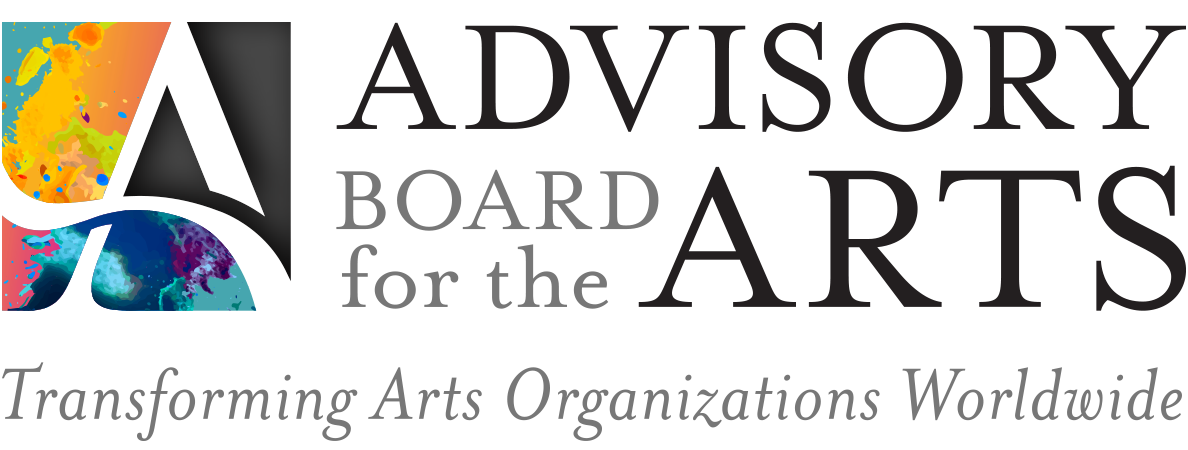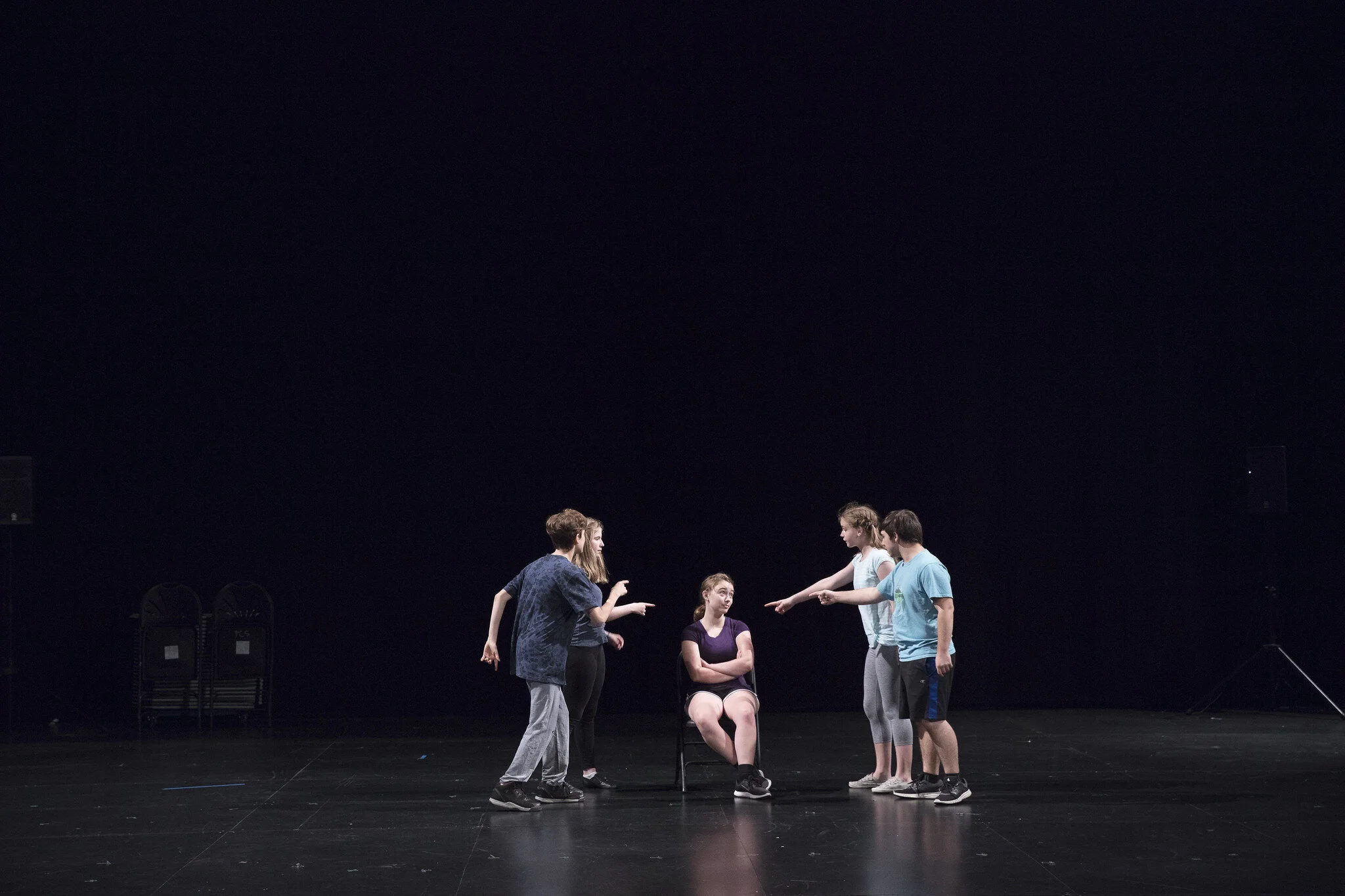Partner Power: Moving Away From Outreach To Gain True Partnership
Community engagement is needed now more than ever – our communities long for opportunities to connect, heal and rebuild from the pandemic and work through racial and social injustice issues. The arts can play a critical role in that rebuilding, but have often struggled to develop meaningful relationships outside of those who already are interested in or attend the arts.
When it comes to community partnerships with non-arts organizations, arts organizations all too often make the same mistake: they frame community work in terms of outreach. The questions that “outreaching” organizations pose are well-intentioned, to be sure; but the approach, and the language in which it is wrapped, assumes that the “community” is an other to which the organization is reaching “out.”
This perpetuates the myth that community engagement implies charity work, where partners are not on an equal footing with one another. At its worst, the “outreach” framework implicitly assumes that one partner, the arts organization, owns the work, while the other partner — whether it be a homeless shelter, animal rescue, or other non-arts organization — benefits from the programming, regardless of how or whether it is tailored to the organization’s unique assets and priorities.
As an alternative to an outreach mindset, arts organizations may find it useful to adopt the Partner Power technique developed by OF/BY/FOR ALL. OF/BY/FOR ALL is the organization founded by Nina Simon, also the author of the Art of Relevance.
To OF/BY/FOR ALL, successful community-centered organizations are representative OF the community in which they are embedded, are fundamentally shaped BY members of the community, and exist FOR the benefit of community members. The first step to engaging authentically is knowing what that means in the context of your community.
You can do this by scanning the existing literature and data, and also by getting to know well-respected leaders in the community, thoughtful observers who know the community well, and those affected by an issue or project you might pursue. Consider asking the following questions of your community:
How do community members define themselves and the community?
What are their needs, assets, and priorities? What is most important to them?
What are the politics of the community? Who gets along with whom?
What partnerships exist in the community now? What partnerships have been fruitful in the past?
Once you have an intimate knowledge of your community’s composition, assets, needs, and values, assess your organization’s readiness for partnership by asking the following questions:
Does your organization provide a welcoming and hospitable environment for people of all identities in your community?
Do your staff and board represent a range of identities in your community? What about your patrons and audience members? If not, what are you doing about it?
What infrastructure does your organization have to make it easy for community collaborators to work with you?
What relationships can you leverage to explore partnerships?
Are there groups with whom you have a shared vision, values, goals, and sense of accountability?
Can you see your organization being part of a transformational relationship with those groups? Or will it be transactional (“giving back”) or transitional (“building bridges” for two-way communication)?
When you have determined that your organization is ready to pursue a community partnership, it’s time to meet with prospective partners. OF/BY/FOR ALL suggests conducting Partner Power meetings focused on empowering the potential partner by understanding that their success is also yours.
This may mean being flexible about the format (virtual or in-person), time, and length of the meeting based on their preferences, being an empathetic listener by asking open-ended questions and embracing silence, being prepared to respond to the same questions you intend to ask, and planning how you may want to steer the conversation while being willing to veer off-script.
After meeting, you should be able to articulate answers to the following questions:
What are their values?
What are their goals?
What challenges do they face?
What commitments can they make?
What does success look like to them?
Consult the Partner Power Question Bank for suggested bite-sized questions that will help you probe for the bigger answers. You should be able to fill out OF/BY/FOR ALL’s empathy map (shown below) after the meeting has concluded. Hold on to it to share with your team, once you have conducted all of the one-on-one meetings you wish to schedule with potential partners.
No time is wasted by taking that first step to get to know a potential partner in a meaningful and authentic way. Whether or not the meeting results in a formal or informal partnership, you will have expanded your organization’s network and learned something about your community that will contribute to your organization’s efforts to give back.
Not only that, but you will have started to shift your mindset away from the traditional approach to community engagement and start to build relationships based on equal engagement.
OF/BY/FOR/ALL provides several assessments, tools and articles on their website, to continue this journey of community engagement.




